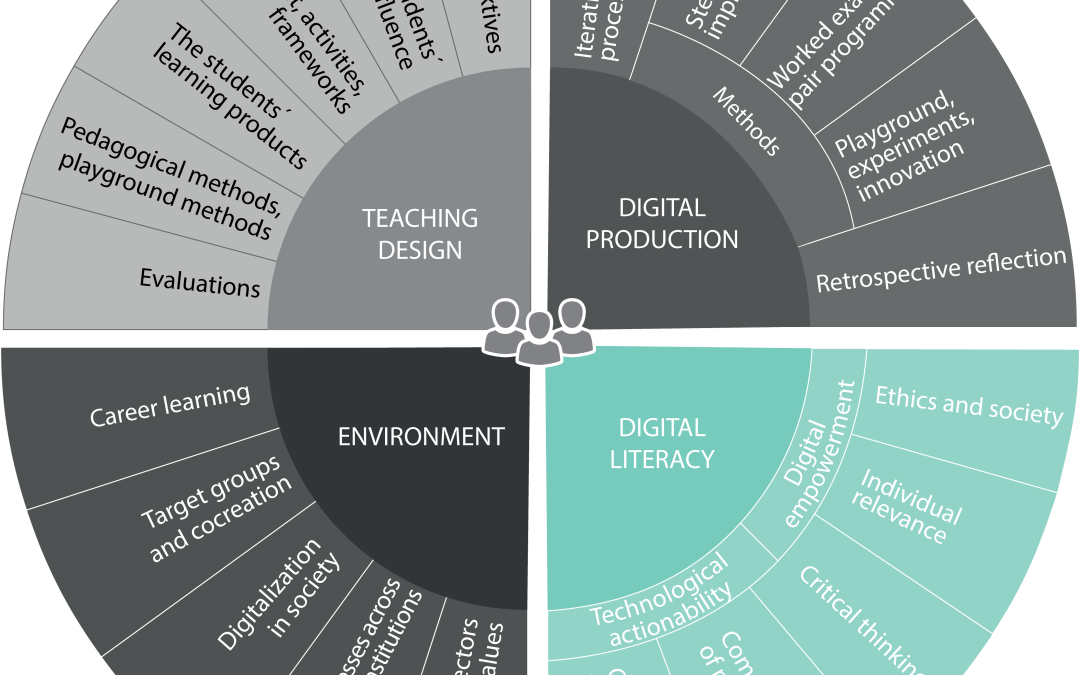Abstract
In Denmark, intensive digitalization has come very far. The “new world of work” has fostered a need for exploring and applying new digital technologies in vocational education (VET), and together with educational institutions across levels and vocational fields.
The paper outlines, why and how teachers in this ecosystem have responded to the emerging technologies in business and social life with diverse courses as the field of action.
79 unique courses, in many different forms, have been realized with, so far, approx. 8,050 students, using programming technologies, robotics and mixed reality. To qualify and evaluate these courses, the tech-didactic model ROBOdidactics was developed and applied during a community action research process in Southern Denmark. The courses and the model were evaluated on the basis of large-scale results, and the conclusions are presented in this paper.
The paper was presented at the annual Austrian conference for Vocational Education and Training, #7, 2021. The topic of the conference was “the new world of work”: vocational learning between traditions and transformation.
Wie wollen wir arbeiten? Berufliches Lernen zwischen Tradition und Transformation
Der Tagungsband ist das Ergebnis der 7. Berufsbildungsforschungskonferenz „Wie wollen wir arbeiten?”. Im Zentrum steht die Frage, ob das gegenwärtige berufliche Lernen den Anforderungen des digitalisierten Arbeitsalltags gerecht wird.
Bislang war die Weitergabe beruflichen Wissens und Könnens vor allem geprägt durch kulturelle Muster: Traditionen und soziale Aushandlungsprozesse besitzen eine besondere integrative Wirkung und begünstigen den sozialen Aufstieg.
Berufliche Bildung soll sozialen Halt bieten und gleichzeitig erforderliche Kenntnisse und Fertigkeiten vermitteln. Diese Doppelrolle wird multiperspektivisch in vier Teilen betrachtet unter den Aspekten digitale Transformation, Akteur:innen der beruflichen Bildung, moderne Didaktik und faire soziale Transformation.

